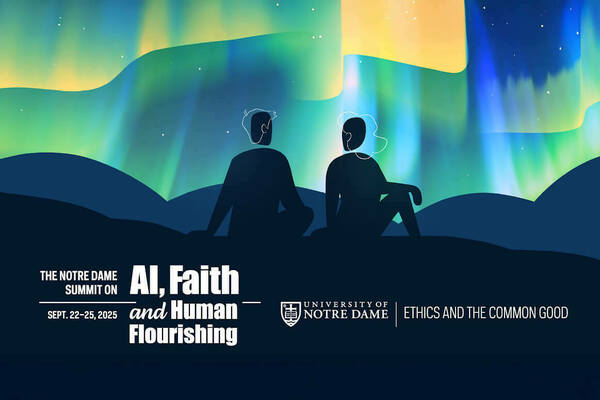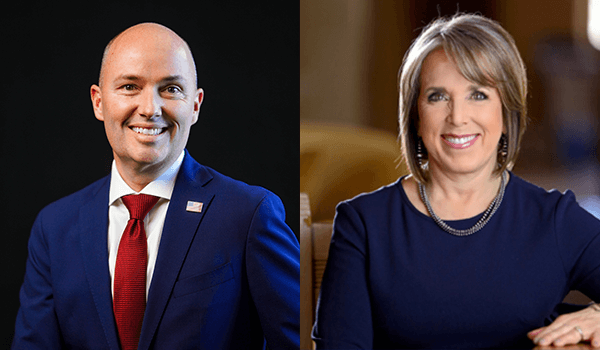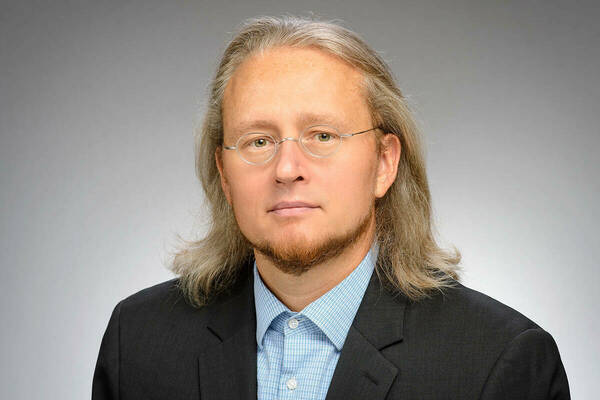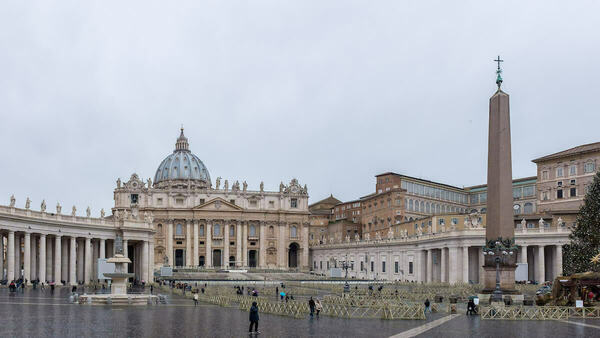Piezo proteins, sculptors in organ growth
Butterfly wings, fish fins and human limbs develop precisely and symmetrically. While genetics and chemical environment significantly influence their development, recent research has revealed that mechanical forces play a pivotal role as well.
Piezo proteins have the unique ability to convert mechanical forces — such as the pressure and stretch of developing cells — into chemical signals. While these proteins have been previously shown to regulate blood pressure and sense pain, chemical and biomolecular engineers at the University of Notre Dame have demonstrated their crucial role in organ growth, regulating organ size and the arrangement of cells in organ tissue.
Their results were published in Cell Reports.
“Piezo acts like the thermostat in your house. It’s constantly measuring and adjusting the conditions of the cells,” said Jeremiah Zartman, associate professor of chemical and biomolecular engineering at the University of Notre Dame.
Fruit flies, with their fully sequenced genome, provided Zartman’s lab with a well-studied model for organ development that has many commonalities with organ growth in humans.
While it was known that Piezo proteins play a multifaceted role in cell growth and differentiation, the researchers were after a holistic picture of how this protein functioned on the larger scale of organ development.
On a cellular level, Piezo proteins join to create a gated channel into the cell membrane. Under mechanical tension, the channel’s gate opens, allowing calcium ions to flow in. The concentration of these ions cues the cell’s next step — proliferate, push other cells out or undergo programmed cell death.
The team reverse engineered this signaling process, altering the levels of Piezo with drugs or genetic manipulations to better understand how these channels function. The resulting wing asymmetries, aberrant cell death and changes in cellular proliferation highlighted the protein’s fundamental importance in organ development, even to nonadjacent tissues.
“It was a major surprise to us to find a protein, one that exists predominantly in the cell membrane, that could specifically control robustness or precision,” said Zartman. “Piezo regulates how cells interact with each other, reach a certain size, and stop growing. And it does this to ensure significant precision. There’s very little difference between one side of an organ and the other.”
Moving forward, Zartman said that his multi-institutional team will use mice and fish to explore how Piezo signals healthy cell development versus cancerous growth.
The team’s ongoing work is funded by the National Science Foundation’s Emergent Mechanisms in Biology of Robustness, Integration & Organization (EMBRIO) Institute and was supported by the National Institutes of Health’s National Institute of General Medical Science (NIGMS) with early support from the NSF-Simons Center for Quantitative Biology Pilot program.
Contact: Brandi Wampler, associate director of media relations, 574-631-2632, brandiwampler@nd.edu
Latest ND NewsWire
- Notre Dame to host summit on AI, faith and human flourishing, introducing new DELTA frameworkThe Institute for Ethics and the Common Good and the Notre Dame Ethics Initiative will host the Notre Dame Summit on AI, Faith and Human Flourishing on the University’s campus from Monday, Sept. 22 through Thursday, Sept. 25. This event will draw together a dynamic, ecumenical group of educators, faith leaders, technologists, journalists, policymakers and young people who believe in the enduring relevance of Christian ethical thought in a world of powerful AI.
- Notre Dame Democracy Initiative hosts bipartisan conversation with Western state governorsTwo Western state governors known to work across the aisle on policy issues such as water, housing and energy will visit the University of Notre Dame for a fireside chat about how Western state pragmatism can serve as a model for the country to overcome polarization.
- In new research, Roy Scranton explores climate change and the limits of human progressIn his most recent book, “Impasse: Climate Change and the Limits of Progress,” Scranton, an associate professor of English, defines the impasse he sees as “not only political and institutional, but cognitive, existential and narrative” and asserts that the only path forward is through embracing what he terms ethical pessimism. “A lot of people confuse pessimism with nihilism, apathy and despair,” Scranton said. “But pessimism is actually about recognizing our limits, letting go of unrealistic goals, finding solidarity in the fact of human suffering and doing what you can now, not in some utopian future.
- Notre Dame MBA launches deferred admission programThe Notre Dame MBA Deferred Admission Program allows candidates with little or no work experience, including college seniors, to secure admission before reaching the recommended three years of work experience to enroll.
- ‘Prebunking’ false election claims may boost trust in electionsIn recent years, democracies worldwide have seen a growing erosion of trust in election outcomes and institutions, driven in part by fears of widespread fraud. New Notre Dame research finds that “prebunking” — providing accurate information before false claims spread — boosts trust in elections more effectively than traditional fact-checking.
- ND experts on the canonization of Carlo AcutisAs the Church awaits the ceremony in St. Peter’s Square, where Pope Leo XIV will formally declare Acutis a saint, University of Notre Dame experts Kathleen Sprows Cummings, Brett Robinson and Timothy O’Malley reflect on his life and his path to sainthood.













